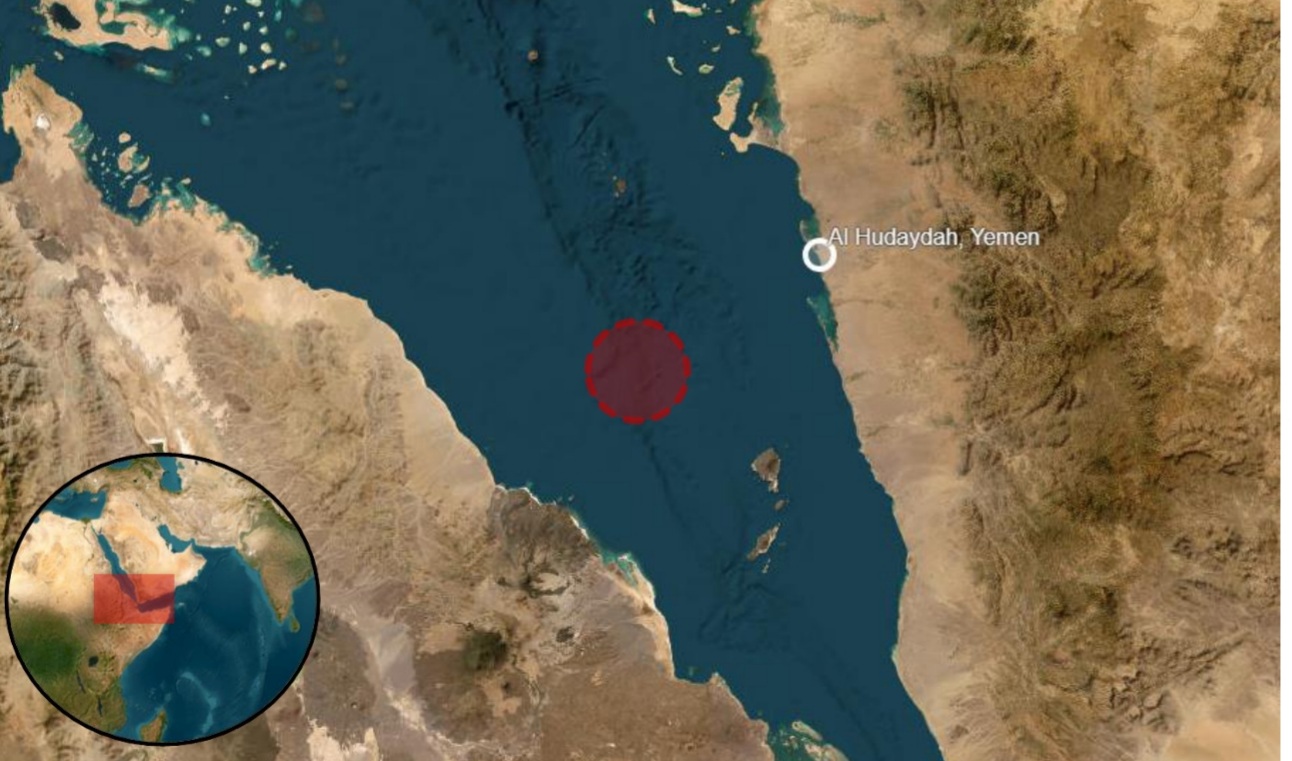
Barran Press
The alarming rise in cases of blackmail against Yemeni girls in the digital space has escalated recently, leading to tragic outcomes, including suicides and significant psychological harm to many victims. This trend has prompted urgent discussions about cyber safety and awareness.
In October, Houthi security forces announced the arrest of an individual accused of blackmailing 52 girls for amounts exceeding half a billion Yemeni riyals. This incident highlights the severe implications of online exploitation, as local media previously reported several suicides among young women threatened with the release of their photos on social media after being lured into dangerous traps.
In an interview with "Barran Press," digital security expert Somaya Muqbil addressed the issue, explaining how girls fall prey to blackmailers and offering guidance on prevention and awareness strategies.
The Lure of Blackmailers
Muqbil explained that girls are often targeted through social media platforms or messaging apps. “Blackmailers typically begin by building trust before exploiting it,” she noted.
To help prevent such situations, Muqbil recommends several key strategies for girls. First, she advises against trusting anyone in the virtual world. “Only trust those you know in real life,” she emphasized, pointing out that the online realm is inherently non-credible.
Her second piece of advice is to store sensitive data and personal photos on devices that are not connected to the internet, rather than on mobile phones that may use unsecure applications. “Devices connected to the internet are not safe for storing sensitive information,” she warned.
Thirdly, she suggests securing online accounts with strong passwords, keeping them in a secure place, enabling two-factor authentication, and adjusting privacy settings to limit access to personal information. “Even your name should not be widely known in our culture,” she added.
Responding to Extortion
In the event of blackmail, Muqbil urges victims to remain calm and assess the situation. “Understand what the blackmailer wants, how they obtained your information, and identify your strengths to confront them,” she advised.
She emphasizes the importance of retaining evidence and seeking assistance from relevant authorities or organizations to combat the blackmailer. “Never negotiate with a blackmailer,” Muqbil cautioned. “Engaging with them only provides easy opportunities for exploitation, leading to continued harassment until you can no longer meet their demands.”
Combating the Issue
Muqbil also highlighted the crucial role of government entities and civil society organizations in addressing this phenomenon. She called for awareness campaigns to promote digital literacy and educate the public about blackmail through media, social networks, schools, and educational institutions.
Additionally, she advocates for providing legal and psychological support to victims of blackmail and enacting stringent laws to deter perpetrators of cyber extortion.





